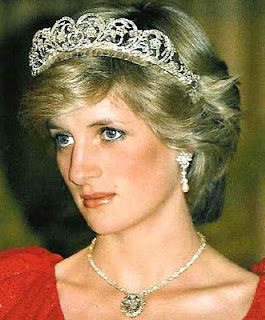Finish what you didn’t get done in class and then blog your responses to the following rhetoric and style questions found on page 721: 1-9, 11
For those of you curious about corn pone, I give you this recipe from
southernfood.about.comCorn Pone
A simple corn bread, generally made only of meal, water, and salt, without either milk or eggs.
Ingredients:
- 2 cups cornmeal
- 1 teaspoon baking powder
- 1/2 teaspoon salt
- 1 tablespoon lard or shortening
- water, enought to make a stiff dough
Preparation:
Mix together cornmeal, baking powder, and salt. Cut in lard and add enough milk to make a stiff batter. Form into cakes with hands and place in a greased baking pan. Bake in a preheated 425° oven for 20 to 30 minutes.
Corn bread and corn pone was a staple in the mountaineer diet. With greens, called “salit greens,” meat and of course, cold milk from the spring house, this was good eating and friends were always welcome.
 Your task is to lay out the three different arrangements from the essay. Then explain what each arrangement means in the context of the article. What philosophy does each arrangement represent?
Your task is to lay out the three different arrangements from the essay. Then explain what each arrangement means in the context of the article. What philosophy does each arrangement represent?


















